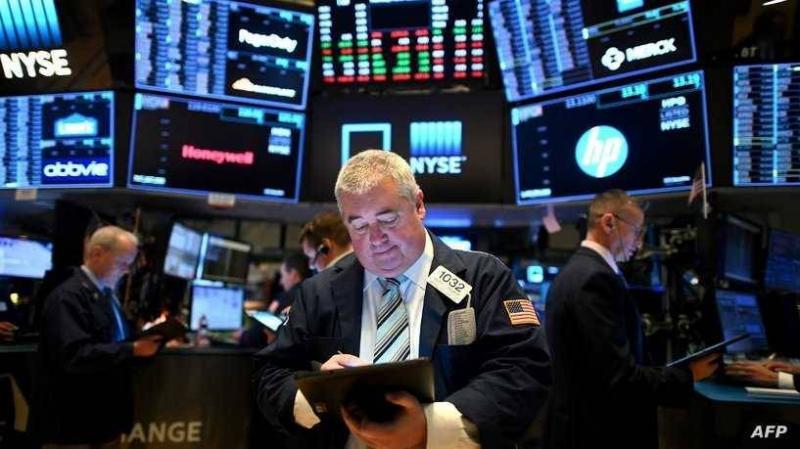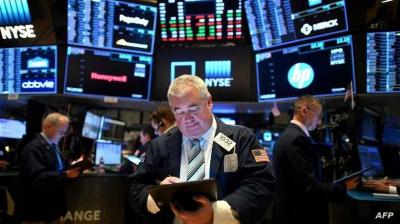The first half of 2022 brought many surprises to the economy, as inflation rates surged, the cryptocurrency market collapsed, and stock prices of tech companies plummeted. An analysis published by the "Wall Street Journal" indicated that the first half of the year was "terrifying," suggesting that the second half will not be any better, urging everyone to brace for various shocks. The analysis warned of the looming risk of "recession," largely ignored by investors, which creates a state of "uncertainty" that will not only affect the U.S. economy but might also extend shocks to Europe, where the eurozone crisis could resurface.
It pointed out that the stock market reflects the panic over a "recession," which significantly impacted tech company stocks in the Nasdaq index. The "Standard & Poor's" index fell by 21 percent in the first half, returning to levels seen in 1970, during a recessionary period.
Analyst Nikolaos Panigirtzoglou from JP Morgan stated that based on price movements, there is an 80 percent likelihood of an economic recession. He noted that we need to differentiate between the direct and indirect effects of actions taken by the Federal Reserve, which have affected stock and bond prices, not to mention weakening the economy in an effort to combat inflation, impacting corporate earnings and valuations. The analysis affirms that future economic forecasts are currently "foggy," particularly with fears of a "recession" that could hit "corporate profits." The U.S. GDP shrank in the first quarter of 2022, decreasing by 1.6 percent on an annualized basis, partially due to revisions in personal consumption expenditures, according to the U.S. Department of Commerce. This comes amid rising inflation exacerbated by the war in Ukraine, ongoing supply chain disruptions, reduced government assistance, and increased COVID-19 infections driven by the Omicron variant. However, according to the newspaper, this does not constitute a recession yet, as that would require consecutive quarters of GDP contraction. Robella Farooqi, Chief Economist at "High Frequency Economics," estimated in a conversation with AFP that "household spending will lead to a higher growth rate in the second quarter." She added, "However, the outlook beyond that is uncertain," anticipating that the economy will continue to grow this year "but at a significantly slower pace, with increasing recession risks." The Chairman of the U.S. Federal Reserve, Jerome Powell, acknowledged on June 22 before Congress that the rapid rise in interest rates could lead to a recession, even if that is not the intended outcome. In response to a senator's concern about a recession as a consequence of the bank's monetary policy, Powell stated during a Senate hearing: "It is certainly a possibility... This is not the impact that is desired at all, but it is definitely a possibility."




